Due to the challenges of today, which require from musicians, in addition to good performing skills, entrepreneurial competence, which is crucial for the development of a career, realizing that this kind of guidance and training is almost completely absent in the general curriculum, the MUSA project allows young artists to get to become familiar with new skills. Believing that management, communication, knowing the potential of crossing different artistic disciplines, production, distribution, physical and mental training are necessary skills to turn passion into a profession – MUSA wants to improve the professional prospects of young European string quartets, to provide organizations dealing with this field with a new training proposal and strengthen the link between music and other artistic disciplines and cultural heritage in search of real employment, economic and social development.
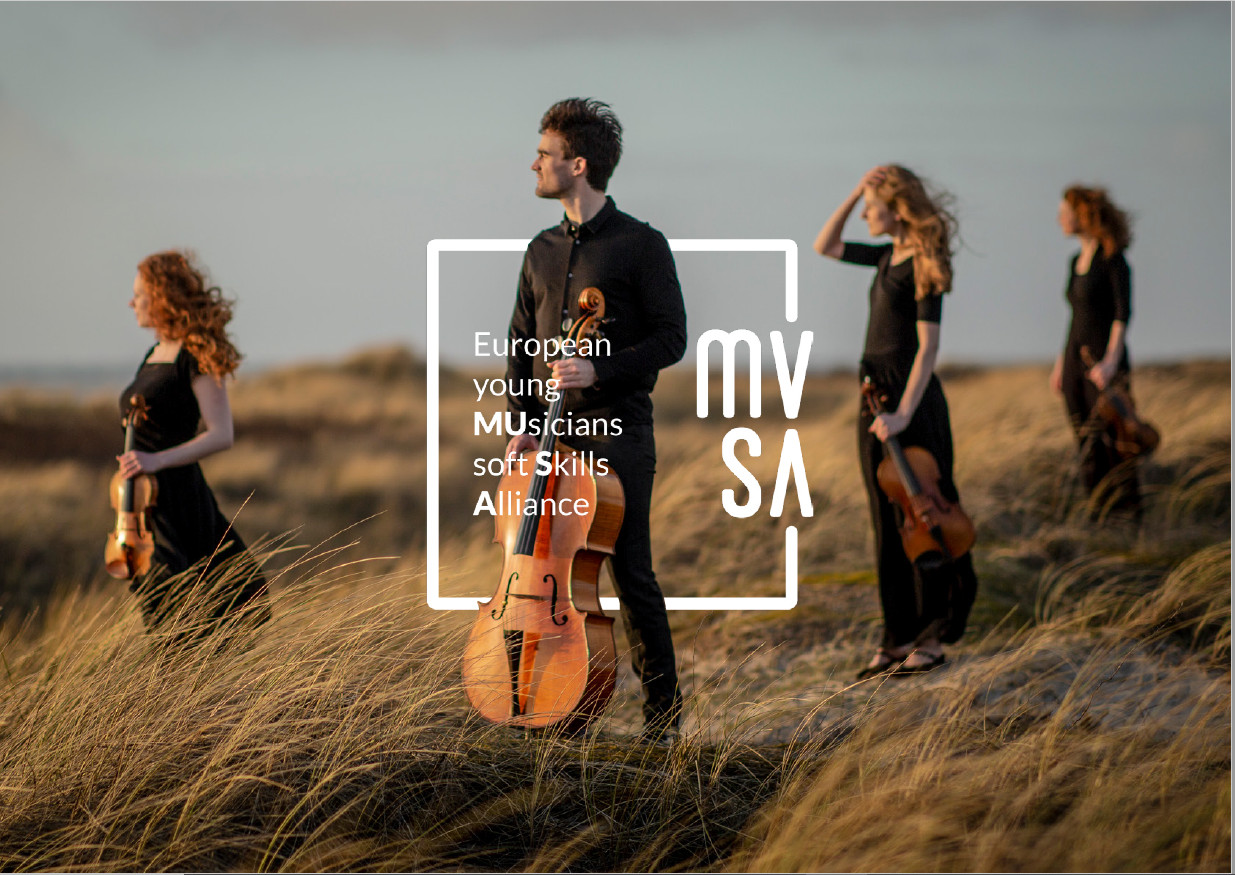
Thanks to the innovative MUSA project (MUSA – European Young MUsicians Soft Skills Alliance – the term “soft skills” implies a combination of skills, abilities: communication, interpersonal, social, work under stress, etc.), which is co-financed by the “Erasmus” program of the European Union, professional training dedicated to young string quartets, with members from 20 to 35 years old. During the month of October 2022, the cultural organization “Le Dimore del Quartetto”, which supports international young string quartets and chamber ensembles, presented its achievements in Brussels after the completion of all three parts of the MUSA project. On this occasion, the Research Center ASK (Art, Science, Knowledge) of the Bocconi University in Milan presents a new tool and a free handbook for higher education programs in cultural entrepreneurship for young musicians entitled “The Entrepreneurial String Quartet: Key Learnings from the MUSA Project” and Research – Case study on Le Dimore del Quartetto. This handbook will be available to musicians, professionals, academies and conservatories to strengthen the entrepreneurial skills of those who wish to pursue artistic careers in music in our century.
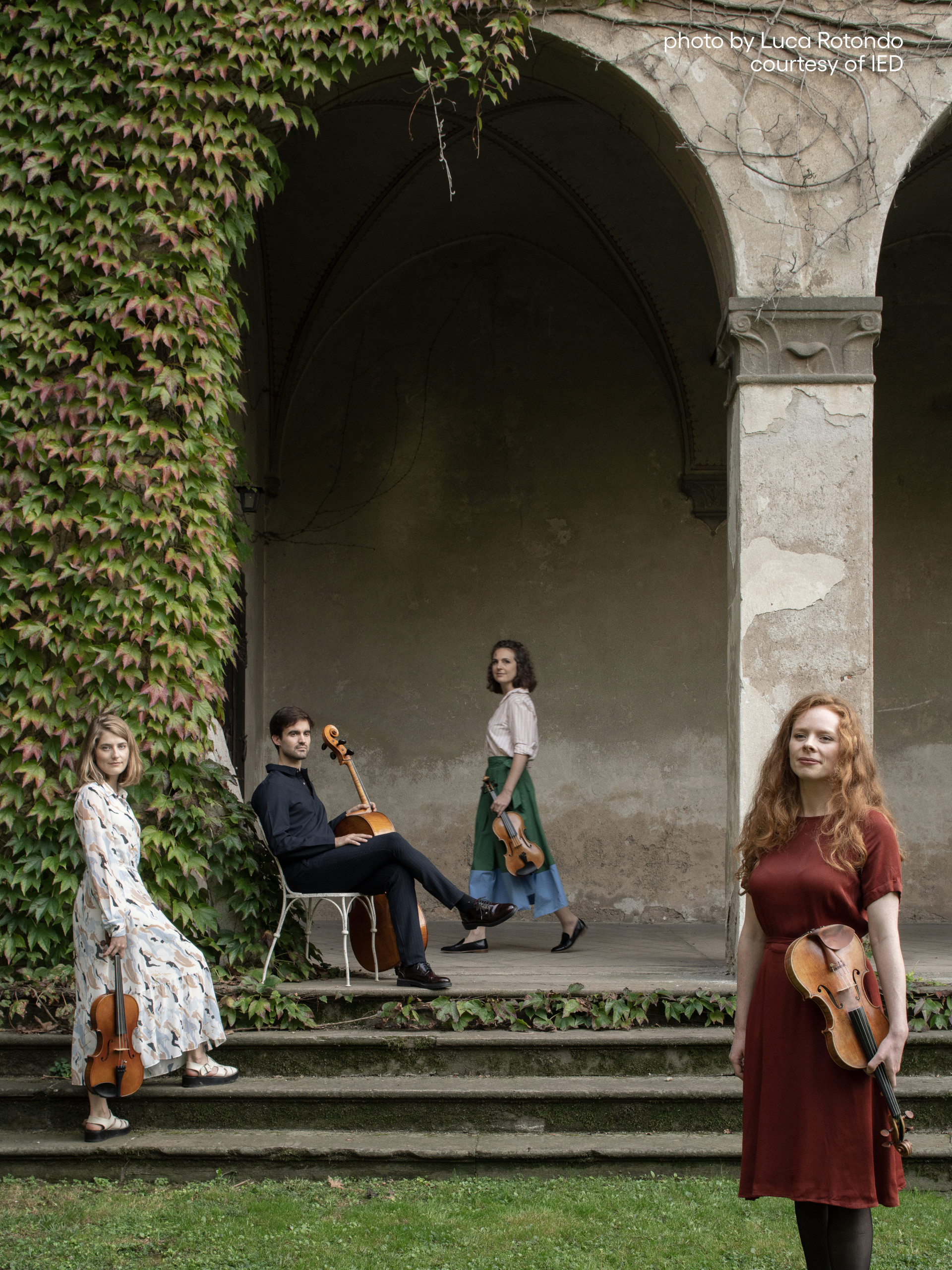
The MUSA program lasted two years, starting in October 2020 until October 2022 and, involving nine string quartets from France, Germany, Poland, Romania, Spain and the Netherlands, developed in three phases. During the first phase in Italy in September 2021, the implementers dealt with communication and image strategy. The second phase in Portugal during October 2021 focused on “contamination” among different arts. Finally, the third phase took place in France in May 2022 and focused on copyright, recording and distribution, as well as physical and mental preparation.
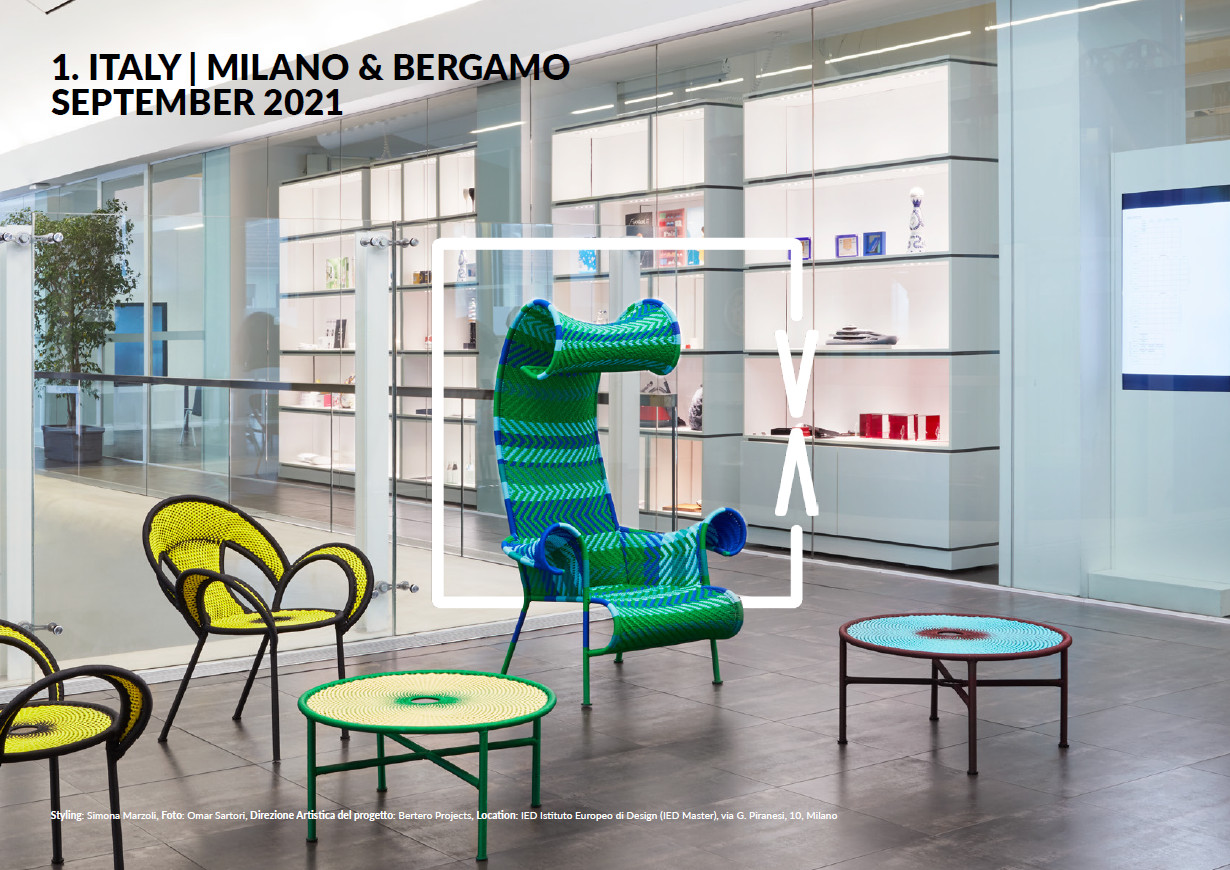
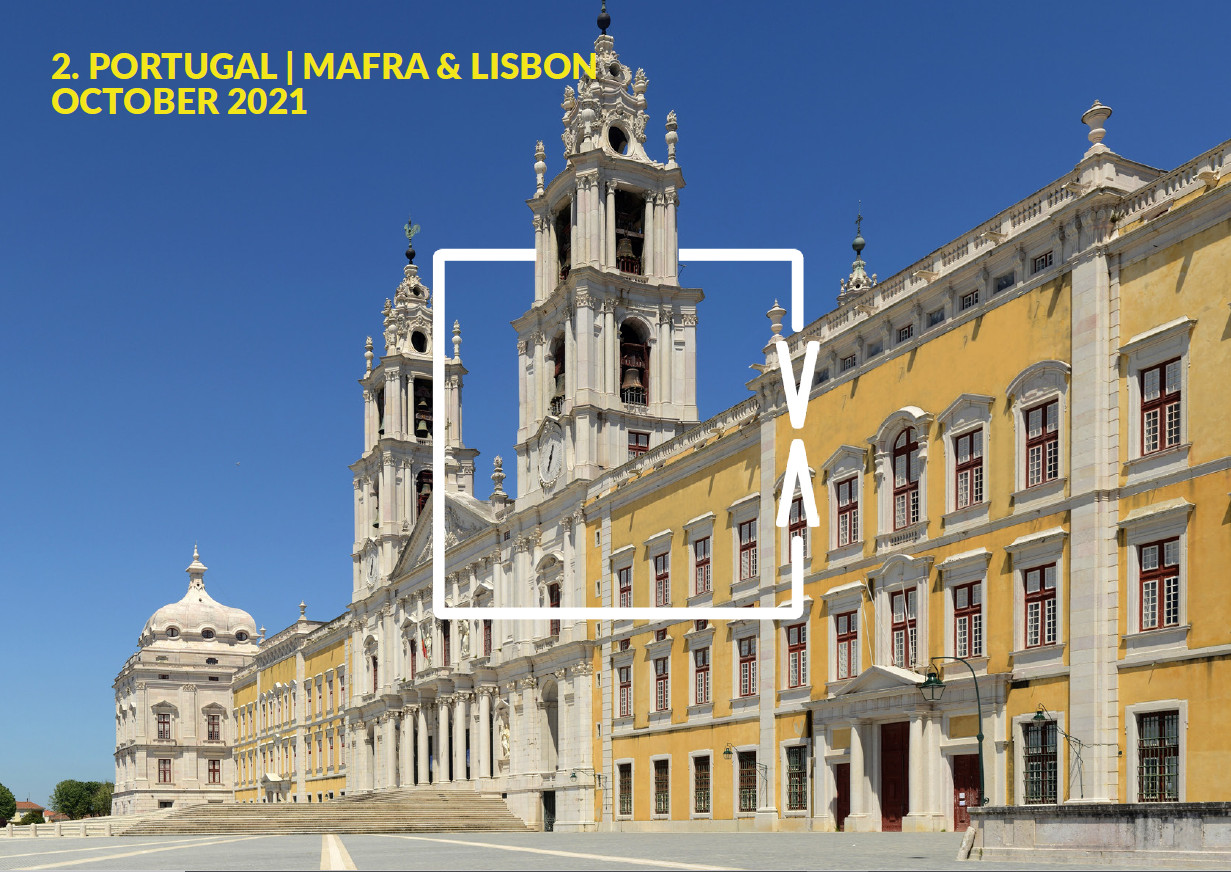
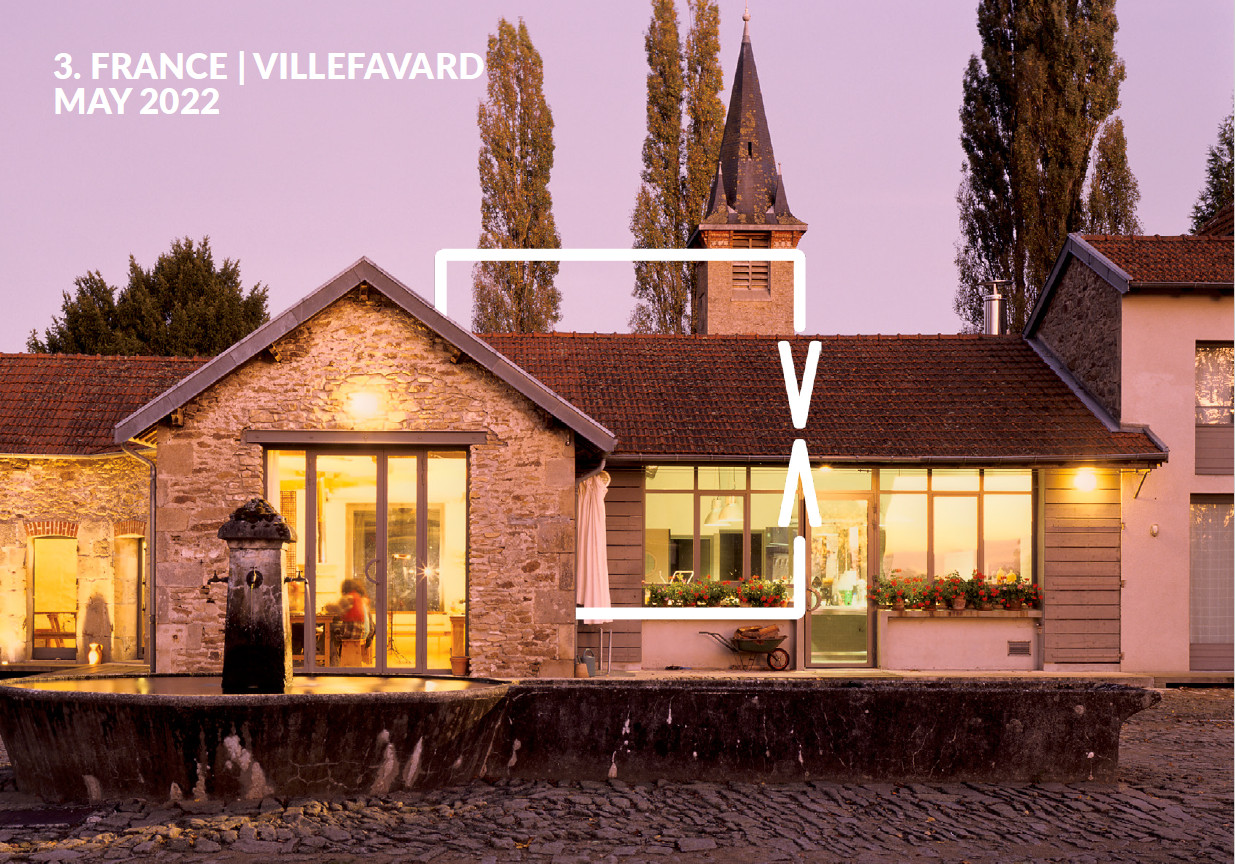
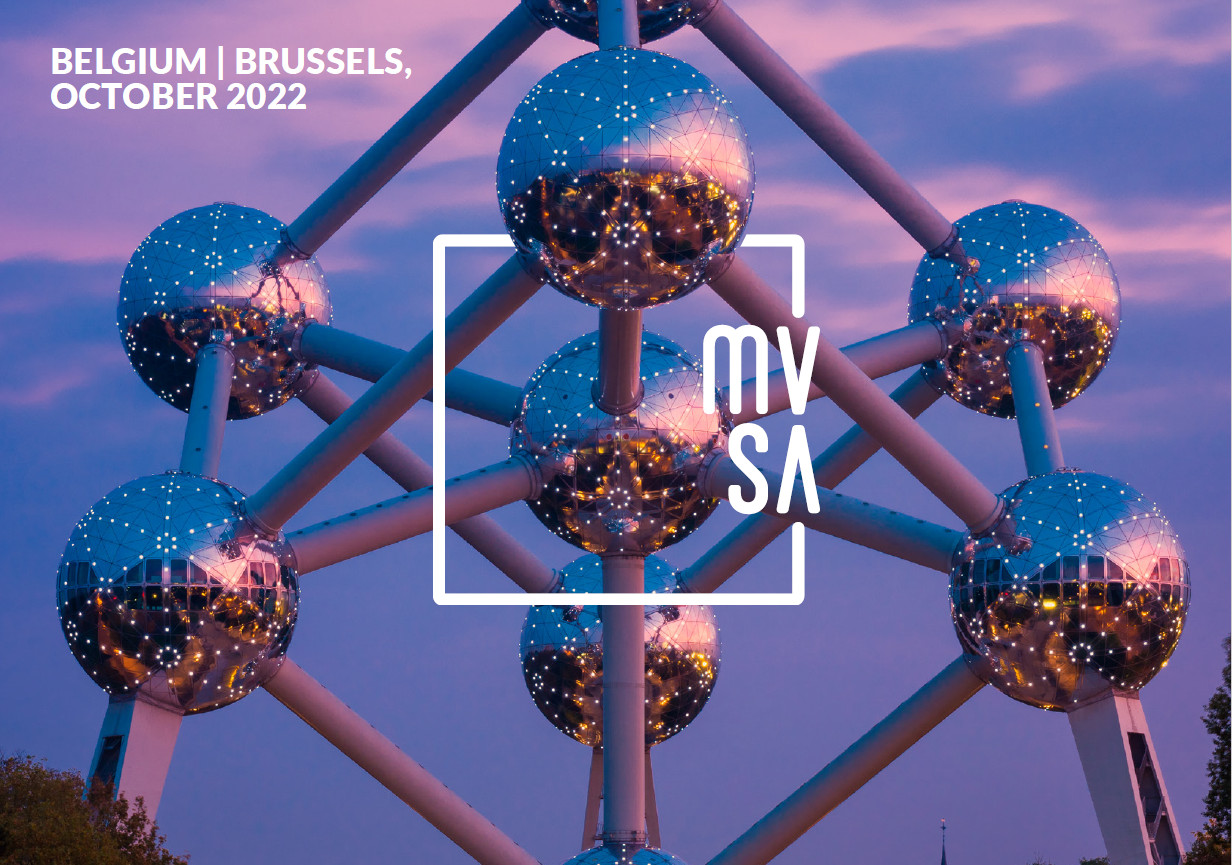
These activities were an opportunity for young string quartets, selected by project partners, under the artistic direction of maestro Simone Gramaglia, to deepen their knowledge of the music market and learn how to be their own entrepreneurs. Among other things, the idea was implemented by hosting the quartets in each country, and through an artistic residency in historical villas and other places of cultural interest, during the one-week stay, the musicians attended lectures, workshops and performed at concerts, thanks to which they were able to learn to apply in practice, in front of the audience. Francesca Moncada, the founder and president of the “Le Dimore del Quartetto” organization, also spoke about the importance of this project: “MUSA is the concrete realization of a key career tool for this new generation of musicians taking the first steps of their careers in a transformed landscape that demands new skills”. As a cultural entrepreneur, founder, president and director of the organization “Le Dimore del Quartetto” and the AMUR committee, after experience in advertising agencies (Mc Cann Erickson, B&B Comunication), since 2003 she has dedicated herself to supporting non-profit goals for cultural and educational purposes for entities such as the Milan Quartet Society, the Foundation for Cultural and Artistic Heritage and Church Activities, the Academy of Bel Canto “Georg Solti”, the Association of Friends of the Music School in Fiesole, the French Secular Mission (Mission laïque française) and the French School in Florence. She is also an advisor for the non-governmental and non-profit association “Europa Nostra”, the Musical Youth of Italy, the associations “Piero Faruli” and “Diamo il la”.
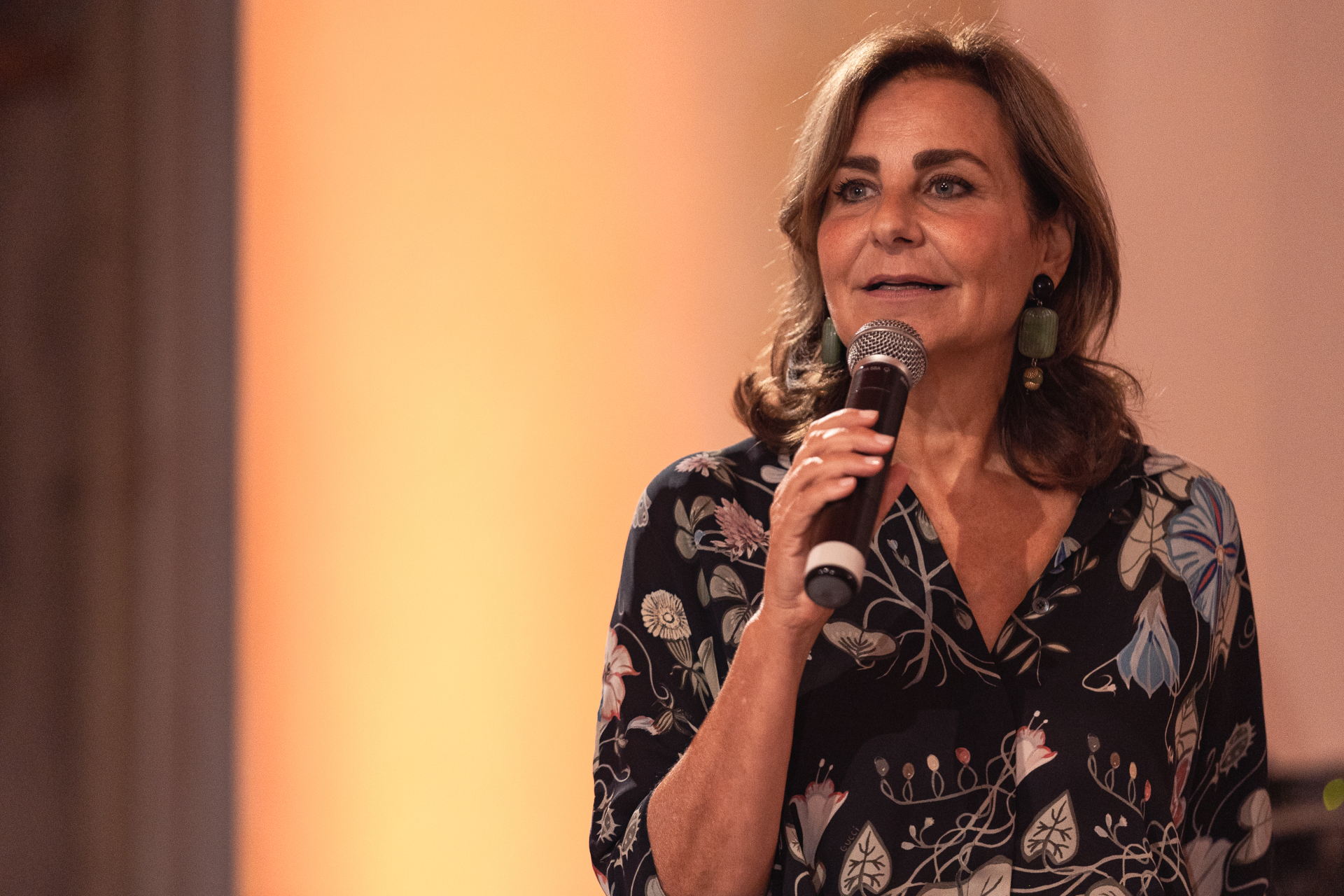
Photo: Diego Molaschi ©
Francesca Moncada is the founder and co-creator of the MUSA project – European young MUsicians soft Skills Alliance, as well as the cultural organization “Le Dimore del Quartetto”, which brings together young string quartets. With a consolidated network of houses, ensembles and partners in the field of music and artistic heritage, specialized in the planning and management of various projects, such as festivals and travel routes, master classes and training programs for musicians, educational projects for schools and universities, team-building activities for companies, the “Le Dimore del Quartetto” program was presented in the Chamber of Deputies in 2017 as part of the “Best Practices of Cultural Diffusion” research. In 2018, it won the Cariplo Foundation competition for cultural innovation, and a year later it won the European Heritage Award / Europa Nostra Award 2019, in the category of education, training and awareness. The following year, the global conference “The Best in Heritage” presented it as an “impact project”, and then in 2021, the 150th anniversary of the death of Cristina Trivulzio di Belgiojoso was organized.
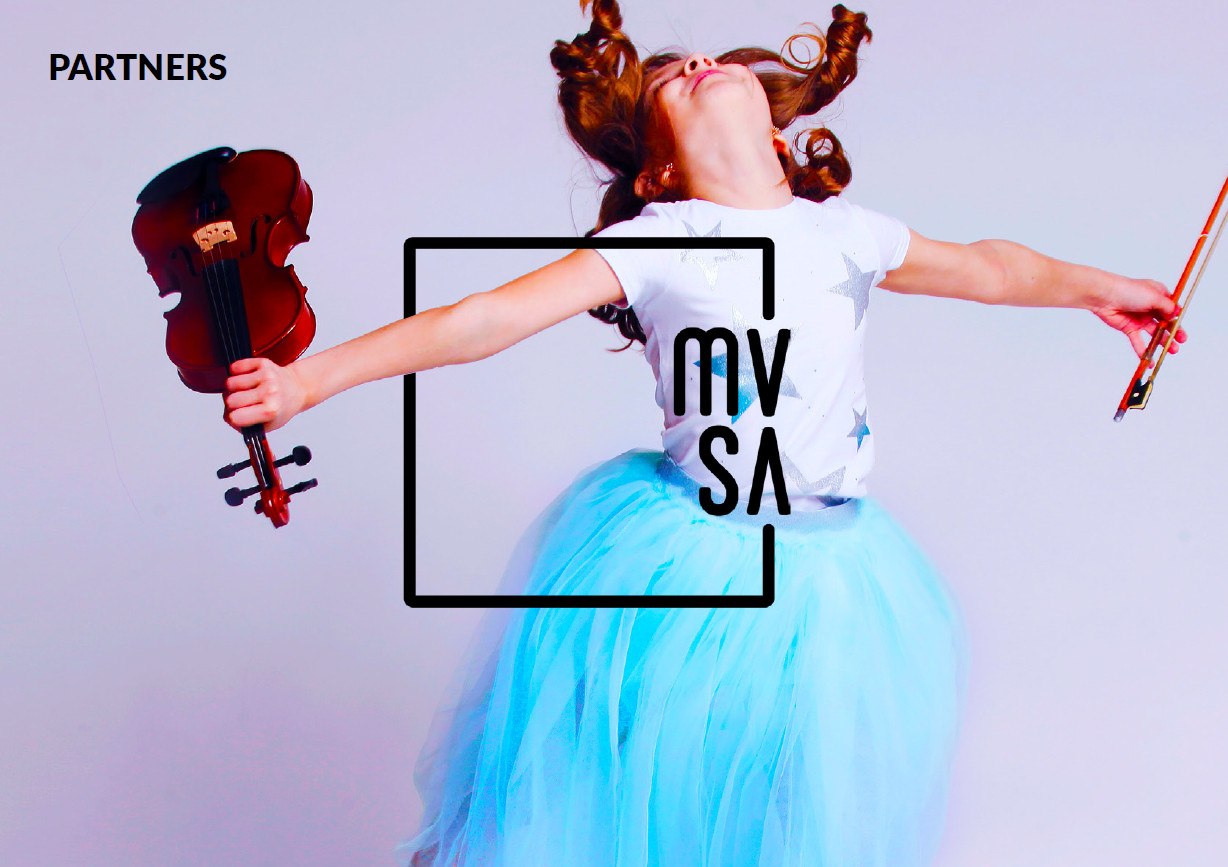
The artistic director of the project, Simone Gramaglia, also spoke about the importance and quality of this project, who believes that “the visionary MUSA project brings together the best quality of music that a united Europe can offer”. He further presents this project as “A bulwark of culture and values beautifully represented by the String Quartet, a symbol of perfect democracy, the ability to combine plurality and diversity to grow together. […] Playing well is certainly a priority but it is not enough. Contact with the world, with other forms of expression, with life is necessary in order to have something to say, to express. Le Dimore del Quartetto, together with its prestigious European partners, has thought and wanted to try to put all this together in a single format. MUSA therefore looks to young people, accompanying them on a journey of human and artistic growth. For a better future, for an ever more United Europe”.
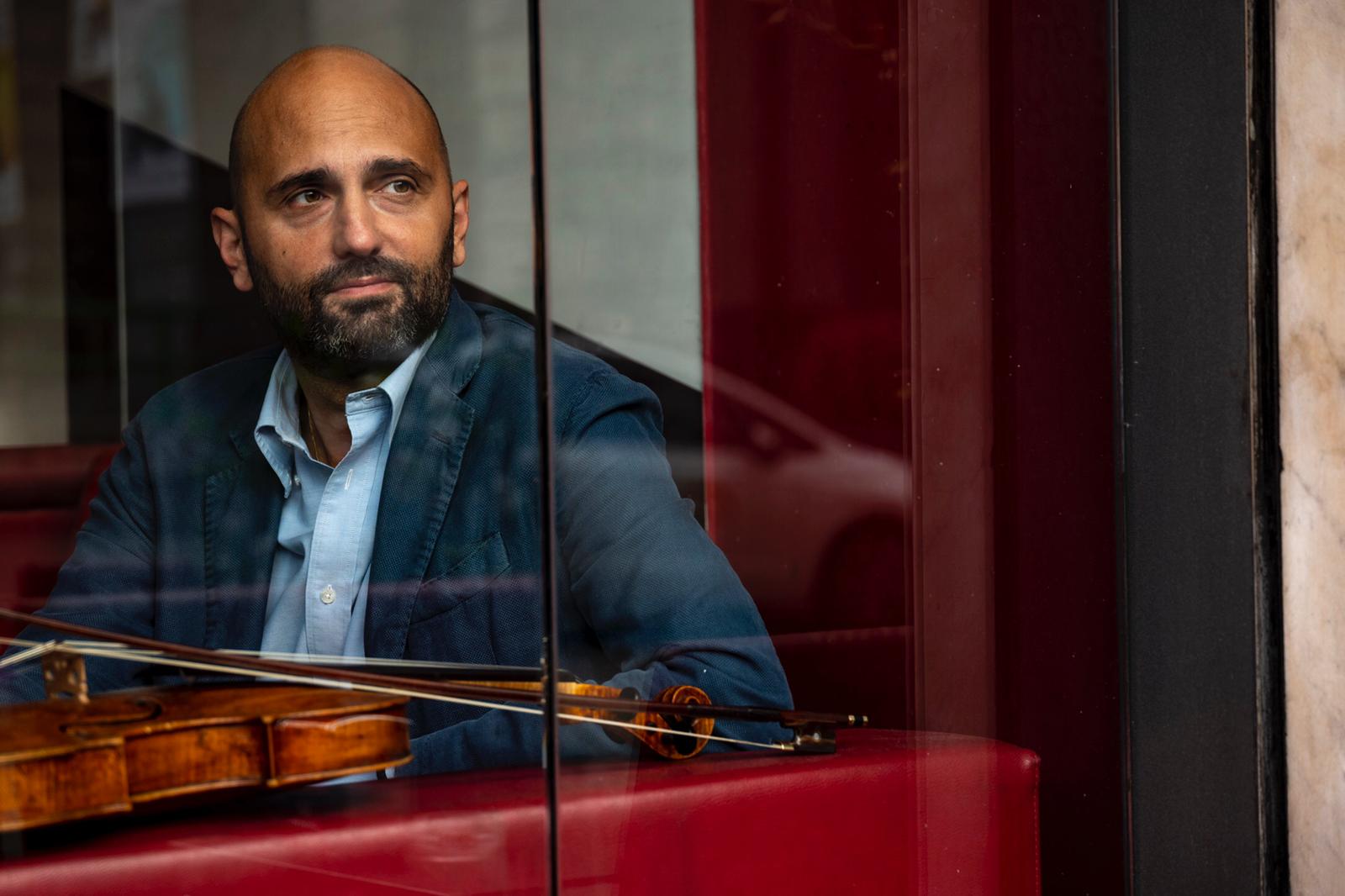
At the mentioned panel discussion in Brussels’ Gare Maritime, with the aim of presenting proposals related to the connection of models developed in the fields of music education, cultural heritage and circular economy, the results were presented by Francesca Moncada (founder of the organization “Le Dimore del Quartetto” and creator of the MUSA project) and Paola Dubini (professor and researcher at Bocconi University), while the guests were lecturers Paul Dujardin (chief project director of the Royal Museum of Art and History in Brussels), Alfonso Pallavicini ((President of the European Historic Houses), Xavier Pelgrims De Bigard (owner of Grand-Bigard Castle) Sneška Quaedvlieg Mihailović (Secretary General of Europa Nostra), Fiona Robertson (violinist in the Belinfante Quartet) and Pau Marquès I Oleo (founding member of the Belinfante Quartet), Igor E. Zanti (Global Head of Arts & Restoration at IED – European Design Institute), Yasmin Hilberdink (founder of the String Quartet Biennale Amsterdam).
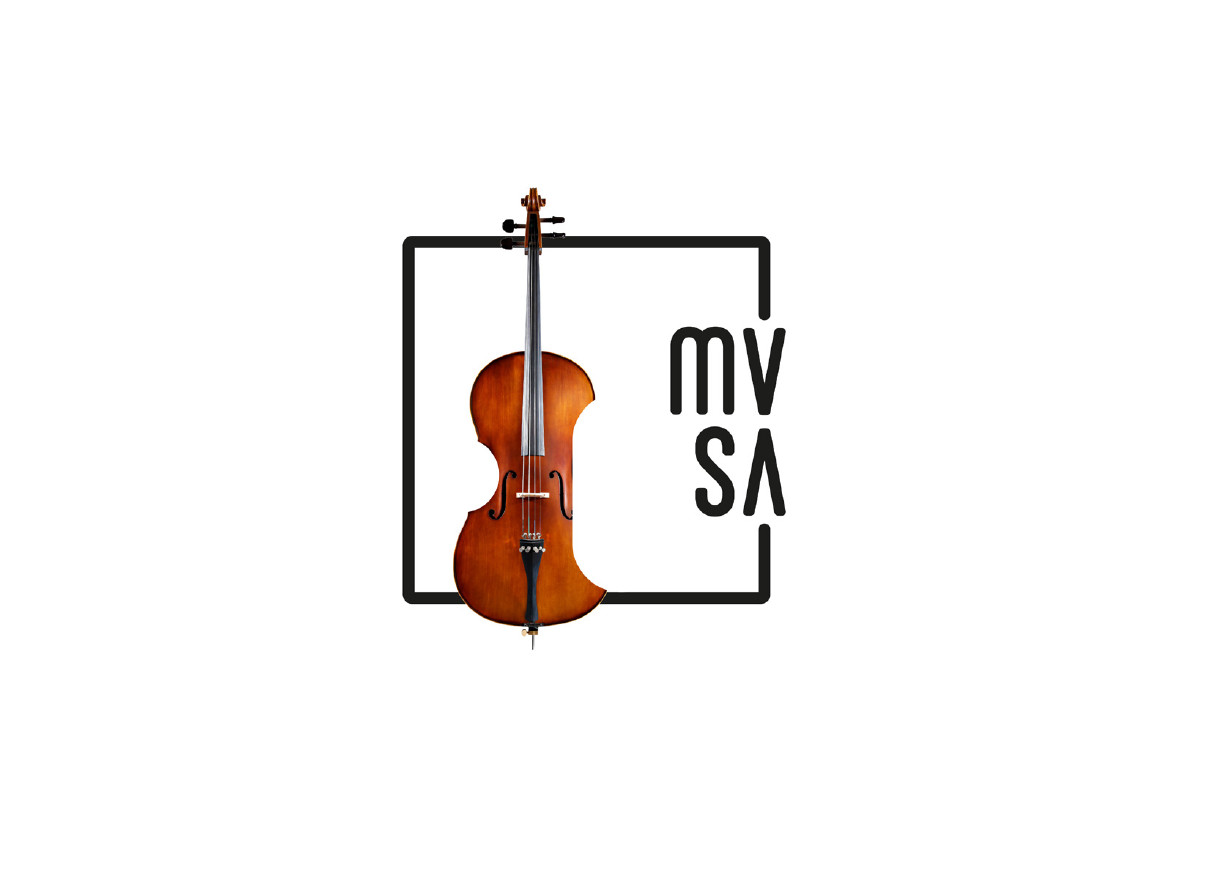
Ukoliko biste voleli više da saznate o projektu MUSA, možete posetiti
veb-lokaciju www.ledimoredelquartetto.eu/musa
Author: Katarina Georgijević
Translation: Jelena Čolović
